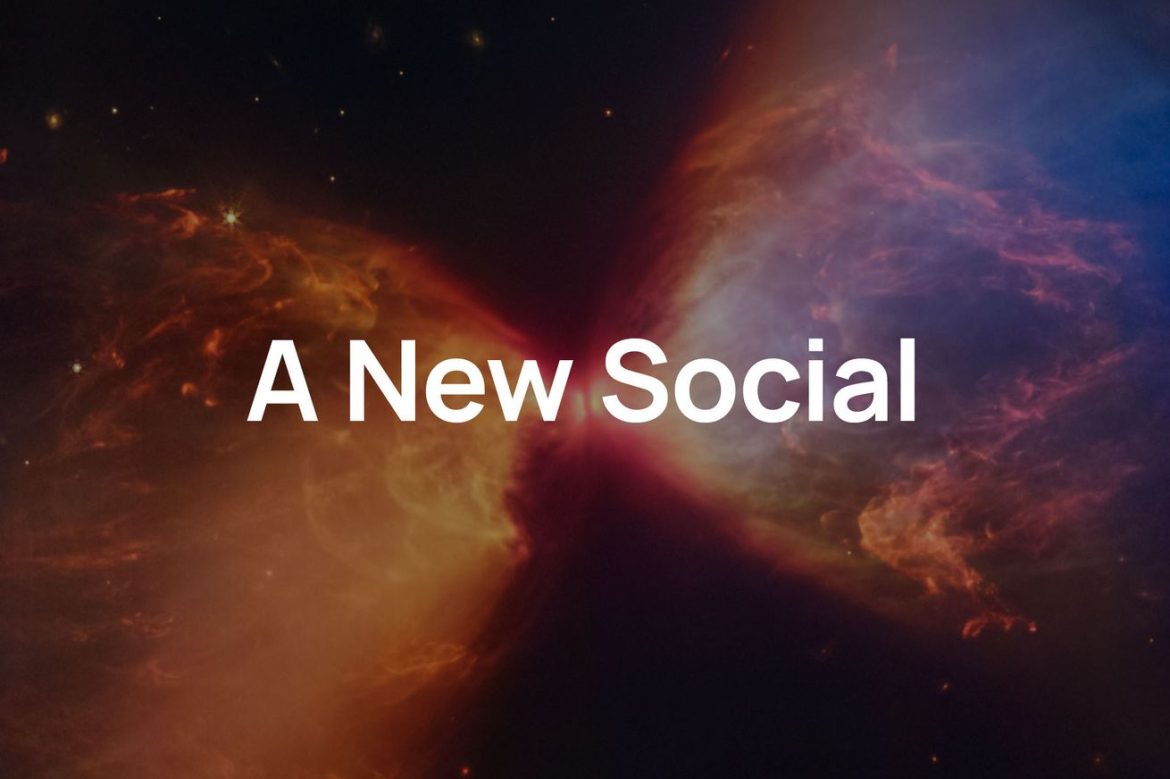
A New Social is a new non-profit that wants to help bridge platforms

The open social web still isn’t as open as we all might want, but a non-profit is being formed to try and change that. The non-profit, called A New Social, is being headed up by Ryan Barrett, the founder of Bridgy Fed, and Anuj Ahooja, an engineering leader and writer.
“We believe that a healthy ecosystem competes on innovative features, not critical mass,” A New Social says on its mission page. “The social web should be centered around people, not platforms, and artificial walls should not deny them the relationships they’ve built online.” The organization is “betting on services built on open protocols like ActivityPub and ATProto” and says it will “work directly with developers to continue ensuring competition in the open social web, with a focus on advocating for users every step of the way.”
The non-profit is still in its very early stages; Barrett and Ahooja will be “recruiting a Board of Directors, identifying cross-protocol projects, and reaching out to developers to collaborate on tools and services needed for cross-protocol community building,” according to a press release.
But they’ve already identified A New Social’s first project: Barrett’s own Bridgy Fed, which you can use to have your Bluesky posts appear on ActivityPub-based platforms like Mastodon (aka the fediverse) and vice versa. And A New Social is already talking with big players in the open social web, including Bluesky, Flipboard, Mastodon, and Meta.
“All of these platforms are making some big important promises to their users,” Ahooja says in an interview with The Verge. He points out that Threads has made promises to federate (which it is doing in baby steps), while Bluesky has promised that its end goal is decentralization. “Us sitting in the middle puts us in a place where we have to be loud when they are not keeping those promises up.” He says that Bridgy Fed is an “implementation of a larger user advocacy problem that we’re trying to solve.”
I think it’s a cool idea, but I was a touch skeptical during our interview — just before we talked, I had read about how another promising fediverse project Ahooja worked on, sub.club, would be shutting down. How can users put their faith in open social web projects like Bridgy Fed long term if those projects might just fizzle out?
Ahooja says that’s part why they’re working with platforms, not just users. “We think that top-down education is more important than anything,” he says. That’s also why they’re taking a cross-network approach, according to Barrett; individual platforms and tools will grow and shrink, but overall, decentralized social media platforms are gaining mindshare, he says. If they can help the overall space get connected and stay connected, “then that’s net positive,” he says.
